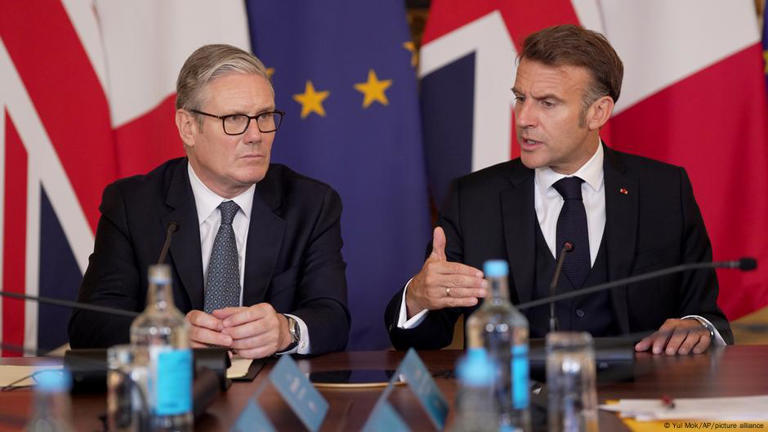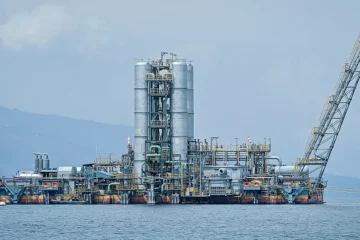The United Kingdom and France have signed a new bilateral migration agreement that could reshape how Europe responds to irregular migration across the English Channel, while quietly replacing the UK’s controversial Rwanda deportation plan.
The new “one-in, one-out” scheme, unveiled during French President Emmanuel Macron’s state visit to London, allows the UK to return undocumented migrants who arrive by small boats to France. In exchange, the UK will accept an equal number of vetted asylum seekers currently in France, especially those with existing family ties in Britain.
UK Prime Minister Keir Starmer called the deal a “groundbreaking pilot” aimed at discouraging dangerous sea crossings. “This will show others trying to make the same journey that it will be in vain,” Starmer said. The pilot is set to begin later this year, though it still requires legal clearance from the European Commission and EU member states.
From Kigali to Calais: A Shift in UK Migration Policy
This deal marks a significant pivot from the UK’s now-defunct Rwanda asylum plan, which aimed to deport asylum seekers to Kigali for processing. That scheme, introduced in 2022 under former Prime Minister Boris Johnson, faced fierce legal battles, was ruled unlawful by the UK Supreme Court, and “cost taxpayers nearly £700 million with no meaningful returns, only a handful of voluntary relocations ever took place” according to a British observer.
In contrast, the France-UK plan signals a return to working within Europe’s regional asylum framework and away from the externalization of migration control to countries like Rwanda. Starmer’s Labour government had promised to “restore credibility” to Britain’s asylum system after years of what critics called performative and punitive strategies.
Limited Scope, Big Symbolism
However, the actual scope of the deal remains modest. The pilot covers only 50 people per week, despite more than 44,000 irregular small-boat arrivals to the UK in 2024 alone. And while the UK promises quick returns, French officials have warned that the agreement is valid for just one year and subject to review.
Human rights groups also express concerns about France’s migration enforcement. Recent reports detail tactics such as slashing migrant boats before launch, measures that may deter smugglers but also increase the risk of dangerous crossings and panic at sea.
African Context: Beyond Deterrence, Toward Dignity
The collapse of the Rwanda plan was widely watched across Africa, where it had sparked sharp criticism for turning migration into a transactional bargain between wealthy and less-developed nations. Many Africans viewed the deal as an example of Global North countries outsourcing their humanitarian responsibilities under the guise of development aid.
By pivoting back to France, a European nation bound by EU human rights frameworks, Britain now appears to be acknowledging the legal and ethical limitations of the Rwanda-style model. Yet the deeper issue remains, without addressing the root causes of migration, poverty, conflict, youth unemployment, and climate stress, new deterrent schemes may do little to reduce the flow of desperate people.
“Until Europe sees African migration not as a threat but as a human phenomenon tied to their own colonial and economic legacy, we will keep seeing deaths at sea and policies that treat people as statistics,” said a migration researcher based in Dakar.
What Lies Ahead?
The UK–France deal is a political victory for both Macron and Starmer, signaling renewed cooperation after years of Brexit-induced tension. But its practical effect remains to be seen. If successful, it could serve as a template for wider UK–EU collaboration on migration. If not, it risks being yet another failed experiment in Europe’s search for a solution to irregular migration.
In the meantime, for migrants, many from Africa and the Global South, the choices remain few, the routes deadly, and the policies far removed from the lives they leave behind.








